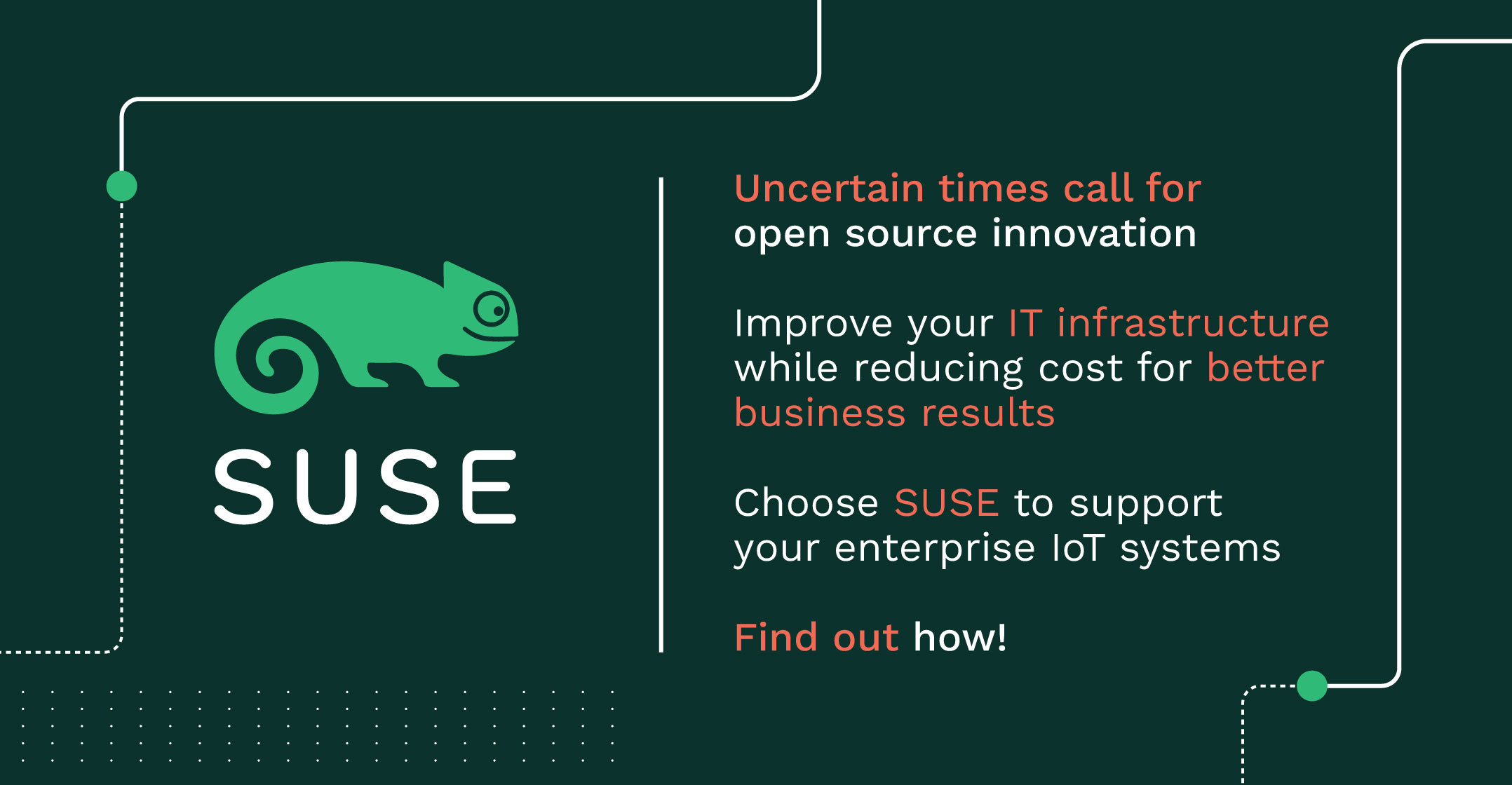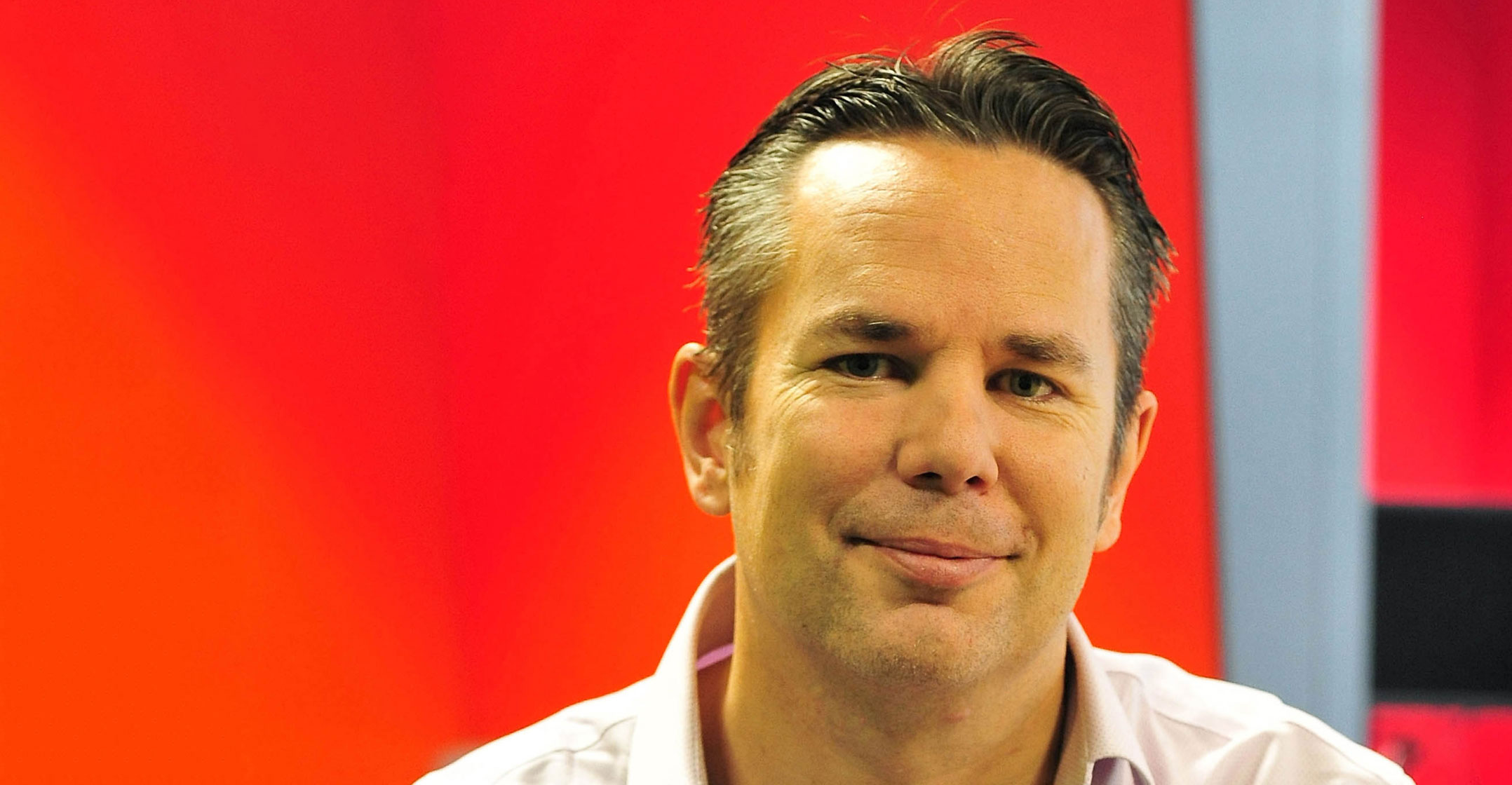TechCentral’s CxO Insights is a fresh look at the roles and careers that define the technology industry today. In this series, we’ll interview some of South Africa’s most successful, interesting and prominent individuals to find out how their roles evolved, the skills they need to succeed in these roles, and what has influenced or shaped their careers. These interviews provide an in-depth look into how technology is redefining the boundaries of career, skills and growth within the digitally transformed organisation.
In the second in the series, TechCentral speaks to Andrew Baker, chief technology officer for Absa Group, about making dog food, consistently investing in professional development, and the value of serverless computing. Baker offers a rich insight into some of the most valuable elements of the CTO role and why one of the most important technology purchases anyone can make is a fly zapper.

One of the biggest challenges facing most financial institutions today is the weight of legacy technology. Cumbersome, complex and wrapped in process that’s evolved over time and necessity, these systems have become difficult and costly to manage and maintain.
The problem is that these processes and systems have grown into intricate beasts because the technology available was limited and the needs of the business increasingly convoluted. This has proven a stumbling block for many organisations, not just those in the financial sector, in light of the pandemic, the rush to remote working and fundamental changes to access and control.
“In the past, setting up systems was a long and involved process, which spanned several teams and often took months,” says Andrew Baker, chief technology officer for Absa Group. “The various teams would work together to set up an environment. If you wanted to build something it would take a long time to get the ball rolling and the system implemented. Business agility was low, and this has had to change.”
Fortunately for Absa Group, this change had already been set in motion. For example, the company had recognised that old ways of managing payments or mobile disbursements were not only complicated and time consuming, but also extremely expensive.
The old process would require that the company send Absa a specific file with the phone numbers, then Absa would pay the mobile wallet. Every month end, the bank was processing vast quantities of information and data to ensure that salaries were paid and mobile wallets filled.
“In the old world, this process involved four environments, a number of vendors, storage teams and a lot of individual servers,” says Baker. “When you looked at the balance sheet, it was costing the company more than R1-million/month in licence costs for databases, software vendors and storage and all we did was simply process a file to pay out to the industry. Ironically, for most of the time, the servers were actually sitting idle doing nothing.”
>> CxO: Andrew Baker
>> Title: Chief technology officer, Absa Group
>> Android or iPhone: iPhone
>> Best tech purchase: Fly zapper – “for only R100 you have hours of fun killing mosquitos”
Then Amazon came up with a solution called Amazon Lambda, a serverless architecture that allows organisations to run code without having to provision or manage servers. The organisation only pays for the compute it consumes. It offered the company a complete shift from the heavy and expensive architecture on-site that often did nothing for days and demanded maintenance, security and management. And it was the perfect opportunity for Baker to redefine how Absa managed its payment disbursements and its month-end costs.
“It takes only a few seconds to spin up compute in AWS Lambda and then you’re ready to go,” he says. “It was quite an adjustment. Telling colleagues that we are going serverless is a big shift in thinking, but it has made a huge difference.”
Using the Amazon Lambda serverless solution, Baker needs only to drop code into Amazon’s storage and it does nothing until it’s triggered by a payment file. There are almost zero costs to the bank until the process is initiated, then during execution the billing is per 100 milliseconds. Using Lambda with open source has not just cut the costs to the bank, it has slashed them.
Andrew Baker’s recommended reads:
The Phoenix Project: A Novel about IT, DevOps and Helping Your Business Win
by Gene Kim and Kevin Behr
Nmap Network Scanning: The Official Nmap Guide to Network Discovery and Security Scanning
by Gordon Fyodor Lyon
Kali Linux Revealed: Mastering the Penetration Testing Distribution
by Rapahel Hertzog and Jim O’Gorman
“From paying more than a million rand a month on server costs, we’re down to less than US$20,” says Baker. “There’s no need for a disaster recovery team or permanent servers or infrastructure or any of the other limitations of the past. Everything is defined in code and you only pay for what you use. This has fundamentally transformed infrastructure.”
Serverless computing is, for Baker, the trend that’s set to reshape how the financial sector approaches its services and processes. The cost savings, the security, the improved efficiencies and the consistent availability allow for the bank to continuously adapt its own processes and improve customer service.
“It is mind blowing the power that you can access with serverless computing and the system capabilities that you can use at scale while still paying such a small amount,” concludes Baker. “No infrastructure or on-prem solution can even come close to matching that.”
 Q&A with Andrew Baker
Q&A with Andrew Baker
TechCentral: What’s the most important part of your job?
“It’s all about the technology strategy.”
It really is about your technology strategy, which sounds vague and non-descript, but is actually a significant portion of what we do. The quality of the product we create and the pride we have in executing this strategy is also a large part of our work. We’re not just in this role to set technology, we’re here to invest in a long-term technology vision that gets the company long-term results. Oh, and to just get stuff done.
What’s your top tip for staying ahead in your field?
“Constantly reinvent yourself.”
The worst thing you can do is learn one skill, as it means your livelihood is dependent on that technology or company. Rather learn things at the lowest level and then start layering, constantly reinventing yourself and adding more knowledge.
What’s the biggest trend impacting on your field in the decade ahead?
“Multimillion-rand physical security systems vs remote staff.”
Digital identity is a huge trend. Companies have invested millions in physical security – but the staff have dematerialised because they are all working remotely. Verifying identity, especially in the current scenario, is more critical than ever. How are companies using technology to build broadly adopted, safe and secure digital identities? This is an important question driving the digital identity trend.
What was your first job?
“Making dog food at the butcher.”
My first job was when I was 11. I would put offal into a mincer and then put the mince into bags for the butcher to sell as dog food. Then, when I was finished with that part of the job, I’d have to clean the freezer. It was physical work, but the people were great.
What advice would you give to young people interested in pursuing a career in IT management?
“Don’t do it!”
Jokes aside, technology is awesome. But don’t get bogged down into one area. Be varied and layered and constantly explore new areas.
Who do you most admire in business?
“Disney and Mark Shuttleworth.”
Disney is an amazing company that’s been going on for years. They have entire days dedicated to developing characters. Imagine waking up in the morning knowing that today’s board meeting will be devoted to a Disney princess? I’m also a huge admirer of Mark Shuttleworth as he’s achieved a great deal, and I love working with his tech.
How do you cope with stress?
“I don’t realise I’m stressed.”
I’m not very good at recognising when I’m stressed; usually someone points it out. Then I tend to do a bit of boxing in my garage with my son, which makes me feel better. I also cycle on my mountain bike, which makes a big difference. South Africa is so beautiful – getting out on a bike certainly helps to remove stress. – © 2020 NewsCentral Media




